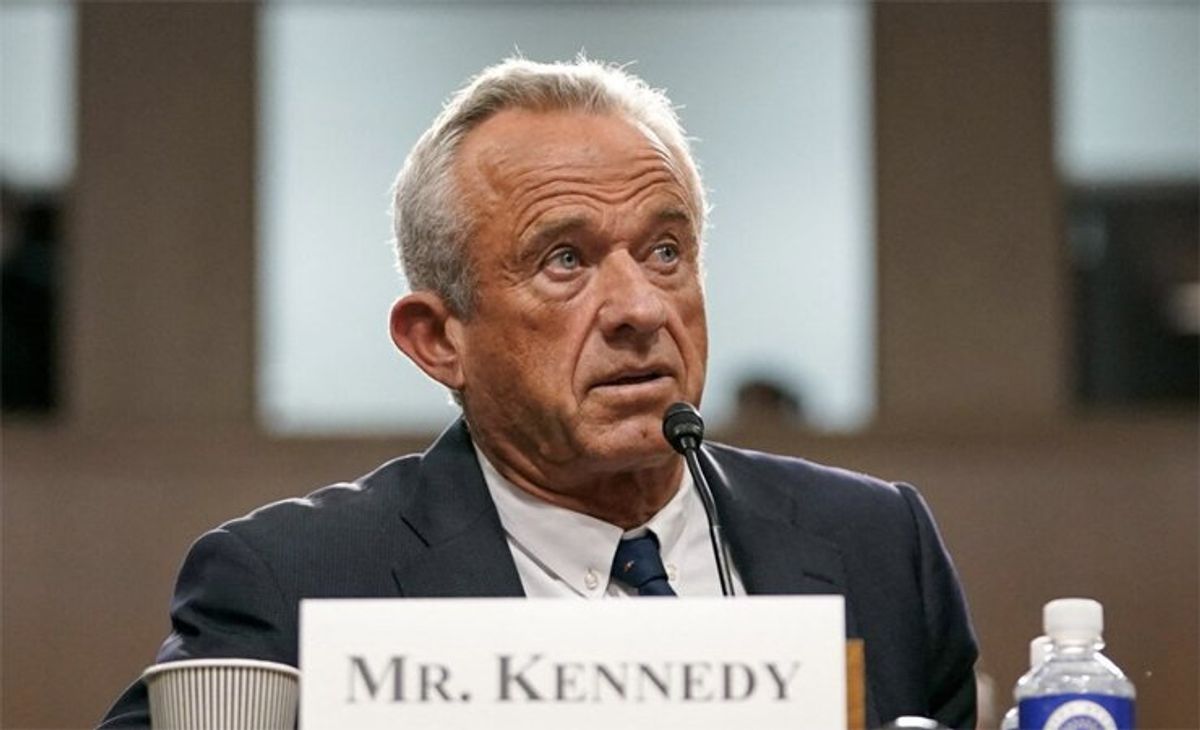
Health Secretary Robert F. Kennedy Jr.'s report on how to make America's children healthy again received a cold welcome Tuesday from the scientific community.
The report from the Make America Healthy Again Commission, which Kennedy leads, includes 128 recommendations on how to improve children's health. It calls for a slew of executive actions and policy changes. However, many experts noted that the report is at odds with other Trump administration moves, like gutting food assistance and social benefits.
"Overall, I would describe the report as presenting a very uneven, poorly conceived, disjointed hodgepodge of recommendations that reflect Secretary Kennedy's preoccupations and little else," Dr. Philip J. Landrigan, a pediatrician and professor at Boston College, told NPR.
Kennedy has consistently described childhood obesity and chronic illness as some of America's top health problems. However, experts warn that the solutions he's offered do not seem to match his diagnoses.
Susan Mayne, an epidemiologist at Yale University School of Public Health and former Food and Drug Administration official, told NPR that Kennedy's report includes "a lot of good talk about things they want to do," and little else.
"But the plan for how to execute it and the resources for how to get that done are actually going in the opposite direction. And so that concerns me," Mayne said.
"I'm very happy to see that they've identified diet and physical activity as two of the top health problems in the U.S.," Lindsey Smith Taillie, professor of nutrition at the Gillings School of Public Health at UNC Chapel Hill, told NPR. "But this report was lacking actual, meaningful action that would help Americans address our problems."




